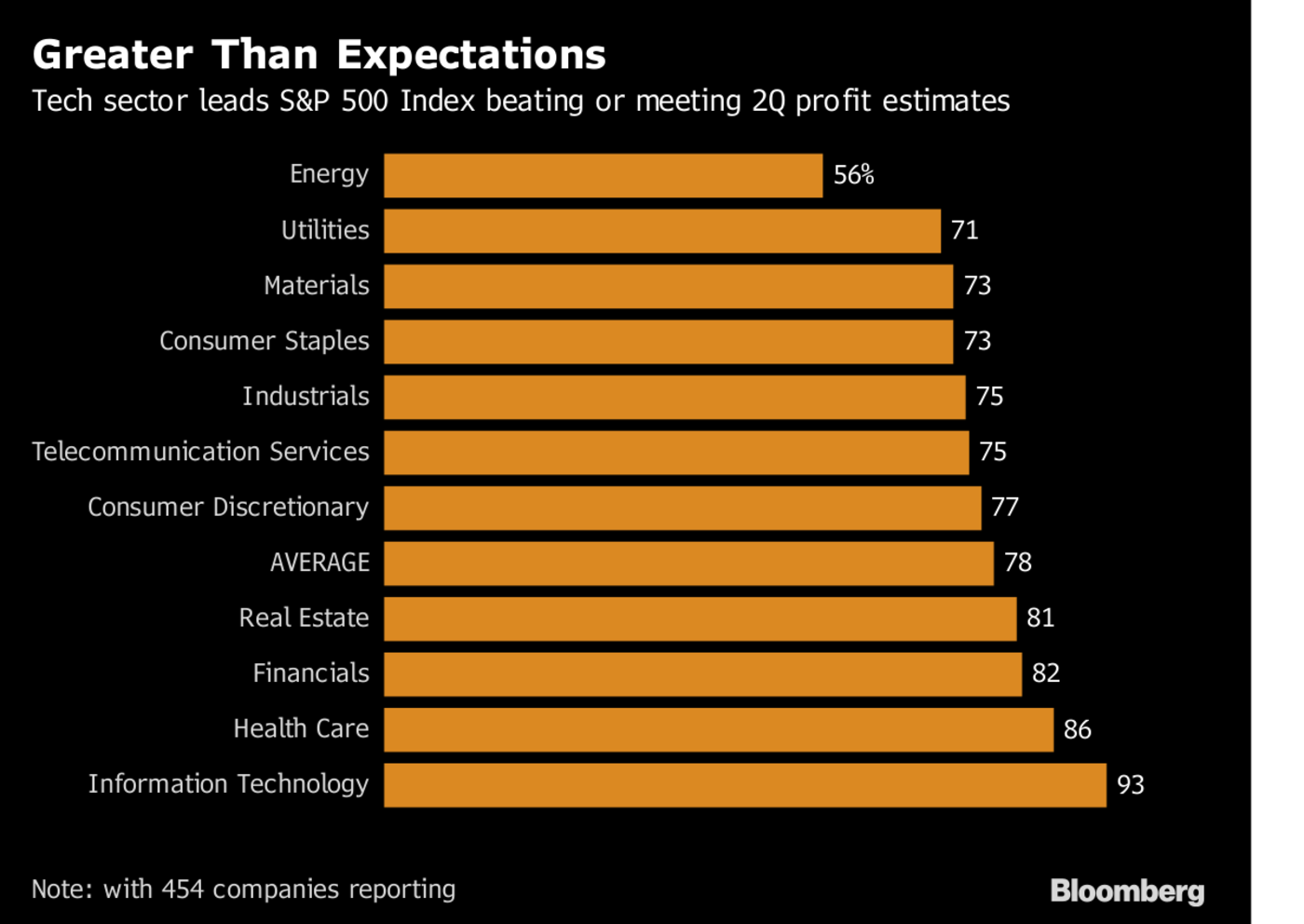Here is a list of 14 ways I define it.
1. based on past high-low vs multiples of ATR
2. based on the position of current close vs past high-low
3. based on change of price moving average
4. based on standard deviation of closing prices vs. percent of closing price
5. based on slope of linear regression
6. based on change of ATR
7. based on ATR vs percent of closing price
8. based on sign of average returns
9. based on average of abs(return) vs percent of closing price
10. based on standard deviation of returns vs percent of closing price
Latest Posts
rssPerspective
 The goal of a good trader, paradoxically, is not to make money. His goal is to trade well. If he trades right, money follows almost as an afterthought. Successful traders keep honing their skills. Trying to reach their personal best is more important to them than making money.”
The goal of a good trader, paradoxically, is not to make money. His goal is to trade well. If he trades right, money follows almost as an afterthought. Successful traders keep honing their skills. Trying to reach their personal best is more important to them than making money.”
Tolstoy on trading
 “A monkey was carrying two handfuls of peas. One little pea dropped out.
“A monkey was carrying two handfuls of peas. One little pea dropped out.
He tried to pick it up and spilt twenty. He tried to pick up the twenty and spilt them all. Then he lost his temper, scattered the peas in all directions and ran away.” – Fables, Leo Tolstoy
ALERT : Default Risk at State Bank of India Surges on Bad Debt Concerns

Corporate America Is Having Its Best Earnings Season in 13 Years

The Perfect Trader
The Perfect Trader is patient with entries and exits, they are focused on what works not personal opinions. They do not worry about missed trades, the Perfect Trader does not boast while winning and does not become depressed while losing. They are never too proud to admit when they are wrong and exit their trade. They do not give unsolicited advice to other traders because they know everyone trades their own system and their own plan. They are not angered by the market action with losses because they take full responsibility for all their trades. They keep a detailed record of all their trades to learn from winners and losers. They love trading and never stop learning and getting better. The Perfect Trader always protects their capital through risk management, always trusts in their methods, always has faith in themselves and method, and always perseveres.
John Maynard Keynes's investment performance for King's College:Includes the Great Depression & WWII

Good Vs. Great Trading
Good traders are able to identify opportunities in the market, plan trades, execute trades, and manage trades at a reasonable level. A good trader identifies the opportunity, plans the trade, and executes the trade. He takes his losses with discipline. One might think that great traders are similar to good traders but just better. The reality is that great traders are distinctly different from good traders. The difference is not merely a difference in measure but a difference in kind.
Great trading is actually much closer to gambling. One of the key differences between great trading and good trading is that great traders don’t just play the odds: great traders play the unknown. The market simply isn’t predictable enough – enough of the time — to allow for the type of returns that great traders seek. So, great traders are much more likely to be going out into that unknown space. This seeking out the unknown always involves a cost. The cost for greatness is the potential for loss, even significant loss. A great trader will typically take more risks. The risks could involve taking trades with higher uncertainties (less confirmation), higher risk per trade (giving a trade more room), and in general just a higher level of risk. This increased level of risk taking is balanced by increased trading skill.
The problem with trading just trading well is that the game, the trading game, is really close to a zero sum game, even when played perfectly. The focus on limiting risk tends to ignore the reality that every business has to make a profit to survive. The problem with trying to avoid risks is that it tends to push the game to such a competitive level such that the trader must trade at a near perfect level just to break even and nobody can trade perfectly forever. Eventually mistakes are made and losses occur. Great traders are more creative. They move laterally and find creative solutions. Great traders don’t really compete against others. It is more of a dance. Instead of playing the games against others, they make up their own game. (more…)
Fed is still extraordinarily easy here given current inflation rates. Real Central Bank rates globally…
A guide to candlestick patterns — use it within the context of the markets


